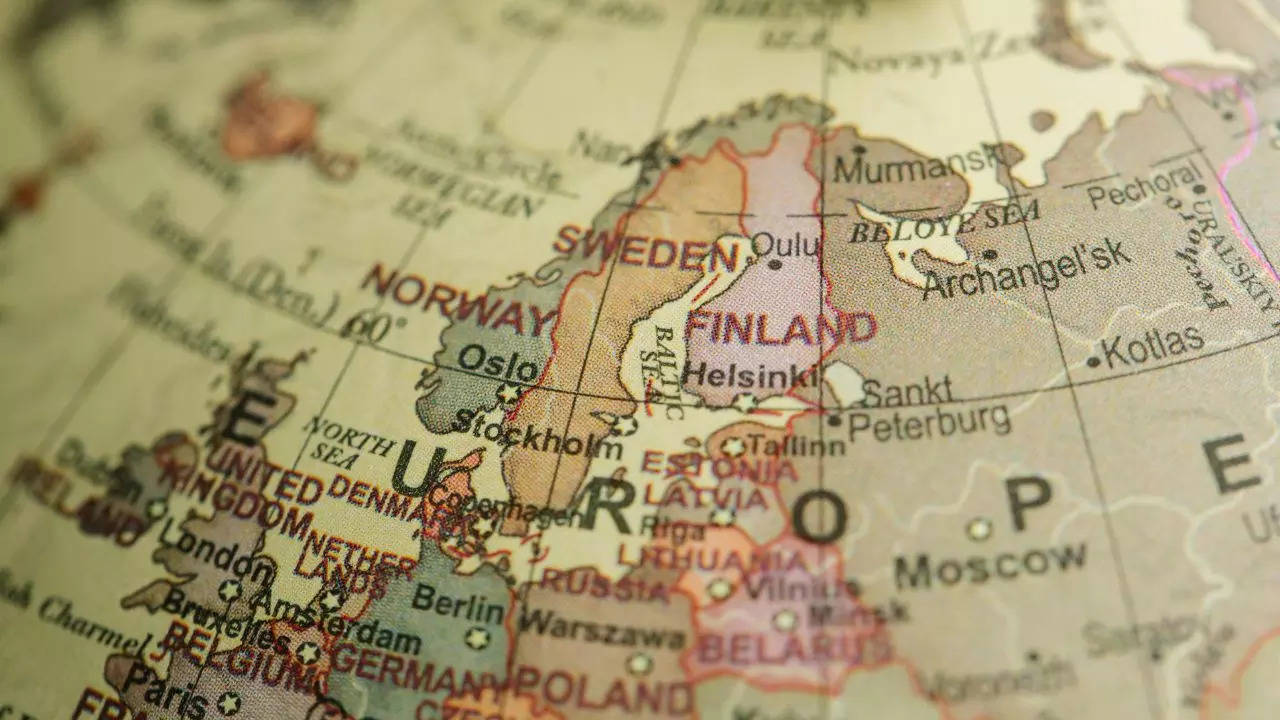World
EU elites are in despair over Europe’s economic death spiral

“While the ambitions are commendable … provisions of the AI Act create the risk of European companies being excluded from early AI innovations … in global AI competition ‘winner takes most’ dynamics are already prevailing,” it said.
“Taking the top AI start-ups worldwide, 61pc of global funding goes to US companies, 17pc to Chinese companies and only 6pc to those in the EU. Innovative companies that want to scale up in Europe are hindered at every stage by inconsistent and restrictive regulations,” said the report.
Yet still the EU rules keep coming, the product of a Monnet priesthood in Brussels with the “right of initiative” and drafting monopoly on new legislation, but almost no collective experience of real life in the market. The laws are locked in stone by the near-irreversible character of the EU’s 180,000-page Acquis, designed to ensure that land conquered can never be yielded.
Fredrik Persson, head of the pan-EU lobby group BusinessEurope, said a further 850 regulations have been piled on European companies over the last five years alone, adding 5,000 more pages to the Acquis. “There is a regulatory tsunami sweeping Europe. If you are a small SME, it’s going to put you out of business,” he said.
The refrain running through the Ambrosetti forum was that Europe urgently needs its own version of America’s Inflation Reduction Act to revive its broken industrial base. But that is impossible, because the EU has no money, no treasury, no permanent debt-raising powers, no unified fiscal or tax system. The job cannot be delegated to the national level without obliterating the EU’s state aid regime and setting in motion the disintegration of the union.
Mr Draghi says there is no way around this giant impediment. EU leaders must either create the machinery of an economic superstate or face the “slow agony” of a dying experiment. The current halfway house is an unstable equilibrium and cannot endure.
His report calls for an investment blitz of up to €800bn (£670bn) each year to close the digital deficit and the productivity chasm with the US. This requires lifting the investment-to-GDP ratio by five percentage points, returning it to levels “unseen for half a century in Europe.” The scale would be twice as large as the post-war Marshall Plan.
Mr Draghi said disposable income per capita in the EU had grown at half the pace of the US since 2000. The culprit is the technology sector. “The main reason EU productivity diverged from the US in the mid-1990s was Europe’s failure to capitalise on the first digital revolution,” he said.
Mr Draghi said it is already too late to save cloud computing in Europe. America’s three cloud hyperscalers have achieved irreversible dominance, while Europe’s largest operator has only 2pc of the EU market. The EU could still keep pace in quantum computing and robotics if backed by a capital market capable of nurturing European champions. But the overall picture is calamitous.
“In software and the internet, EU firms represent only 7pc of R&D [research and development], compared with 71pc for the US and 15pc for China … The single market is home today to only four of the 50 largest digital marketplaces worldwide, while the 10 largest platforms serving EU citizens are owned by US (six) or Chinese (four) companies.”









